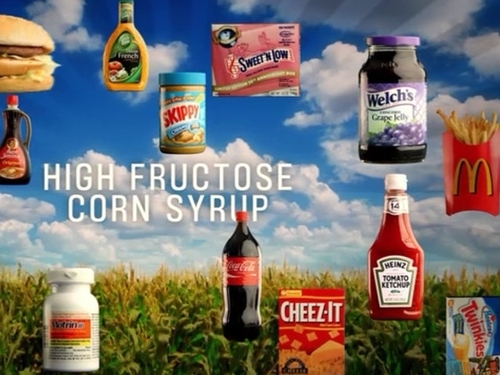
The researchers went on to examine whether this indifference to bitter was due to the taste nerves on the fly's "tongue" or some malfunction in the fly's brain.

Montell and colleagues conclude that Gr66a is crucial for the normal caffeine avoidance behavior and without it, flies are seemingly indifferent to the bitter taste. The researchers then flipped the flies onto their backs and looked at the color of their bellies to see what they ate - blue indicating a preference for eating sugar, red indicating a preference for bitter caffeine, and purple indicating no preference.įlies missing the critical taste receptor protein Gr66a consumed the bitter caffeine solution to the same extent as the sugar-only solution. 19 in Current Biology.įor the study, Montell and his colleagues kept 50 fruit flies away from food overnight and for breakfast gave the starved flies 90 minutes to eat as much as they wanted of either or both of two concoctions: a blue-colored mixture of sugar and agar and a red-colored mixture of caffeine, sugar and agar. The discovery, which is the first ever example of a protein required for both caffeine tasting and caffeine-induced behavior, will be published Sept. But flies missing this particular taste-receptor protein, called Gr66a, consume caffeine because their taste-receptor cells don't fire in response to it." "Normally," Montell explains, "when given the choice between sweet and bitter substances, flies avoid caffeine and other bitter-tasting chemicals.

The Hopkins flies, genetically mutated to lack a certain taste receptor protein, have been the focus of studies to sort out how animals taste and why we like the taste of some things but are turned off by the taste of others.īy color-coding sweet and bitter substances eaten by fruit flies and examining the coloring that shows up in their translucent bellies, the Hopkins team hoped to learn whether flies missing a specific "taste-receptor" protein changed their taste preferences. "The bottom line is that our mutant flies willingly drink caffeine-laced liquids and foods because they can't taste its bitterness - their taste receptor cells don't detect it." "No, you won't see jittery Drosophila flitting past your bananas to slurp your morning java anytime soon," says Craig Montell, Ph.D., a professor of biological chemistry in the Institute of Basic Biomedical Sciences at Hopkins.


 0 kommentar(er)
0 kommentar(er)
